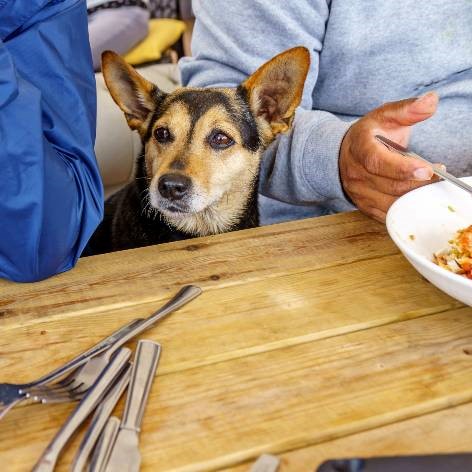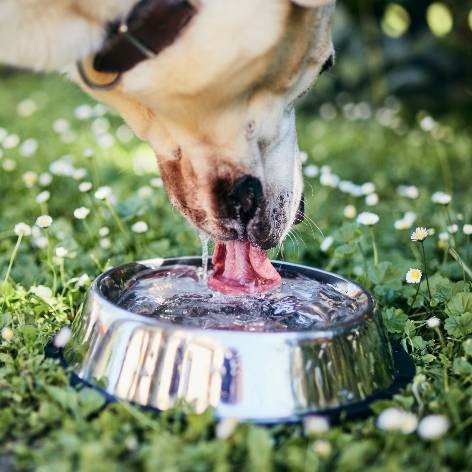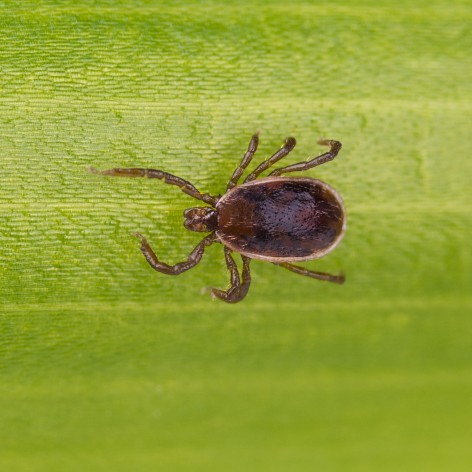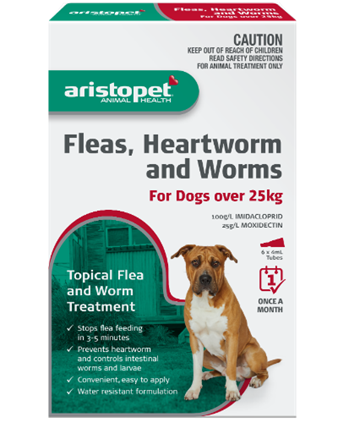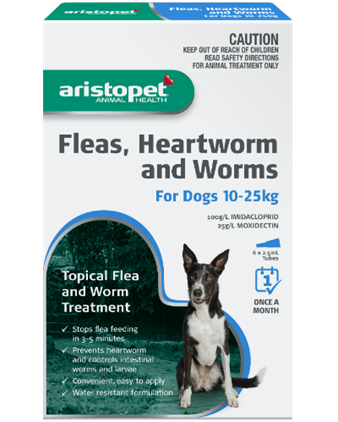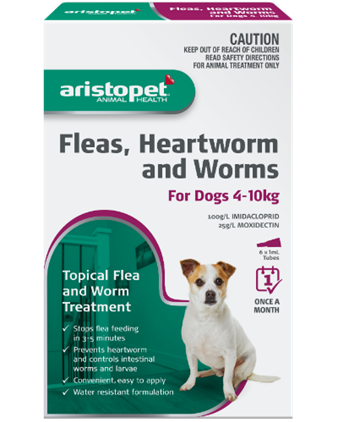A dog with a pot-belly, an out-of-condition, skinny puppy or even a perfectly healthy looking animal – all these pets can be suffering from intestinal worms.
The most common types of intestinal worms found in both dogs and cats include roundworms, hookworms, whipworms and tapeworms. Symptoms can vary depending on whether the affected pet is a cat or dog, how old the pet is, what kind of worm they have contracted, as well as how extensive the infestation is. Sometimes, there are few or no symptoms – which makes preventative treatment the best course of action.
Roundworms
Roundworm is one of the most common parasites of dogs and cats, especially in puppies and kittens. Roundworms in adult dogs can be hard to detect as they can lay dormant, appearing in times of stress or during pregnancy, when they activate to infest the dog's offspring in the uterus. Larvae can also be transferred to nursing puppies through feeding. Apart from this, puppies can also become infected from ingesting worm eggs from the environment such as sniffing another infected dog’s faeces. Roundworm eggs are passed in the faeces and vomit. They have a hard shell, which allows them to exist in the environment for years, until, if they are ingested, they infest other dogs as well as cats.
Symptoms include lethargy, coughing, vomiting, abdominal swelling and pain, weight loss, and dead roundworms (which look like short spaghetti) in the stool.
Whipworms
Whipworms shed relatively fewer eggs, making them difficult to detect in the stool, even when examined by a vet. Occasionally, adult whipworms appear in the faeces – they are small and threadlike, with one larger end.
Possible symptoms include diarrhoea and mucus in the stool. In rare cases, whipworm infestation can result in intussusception, a serious condition in which part of the intestines slides into an adjacent part of the intestines.
Hookworms
Dogs can become infected with hookworms through the skin from contaminated soil or by ingesting eggs in the environment. Infected female dogs can also pass them to puppies via the placenta or milk when nursing. The hookworms feed on the blood of the host by attaching to the intestinal lining. They produce a substance that prevents blood clotting, and can cause anaemia.
Symptoms include a poor appetite, unhealthy appearance, lethargy, weight loss, coughing, or skin irritation at site of penetration. It is potentially fatal, especially in young puppies.
Tapeworms
The transmission of tapeworms in dogs and cats is usually through eating raw meat and offal of infected sheep, rabbit, mouse, rat, kangaroos , or from the ingestion of fleas through grooming. Pigs and cattle can also carry tapeworm although uncommon. To prevent tapeworms, it's important that you're diligent with flea prevention/treatment. Tapeworm-infected flea can be ingested by your dog or cat when grooming themselves, and become mature worms in the pet’s small intestines. Tapeworms can vary from a few millimetres to several metres in length, and are made up of segments, which can break off – this is usually how their presence is discovered. The segments look like grains of rice and may be present in the stool or area around the anus.
Infected pets will also display symptoms of an itchy behind – scratching or biting at the area, or ‘scooting’.
Treatment and Prevention
Use an all wormer (such as Aristopet™ All Wormer tablets for canines) regularly and follow the instructions on the pack. Use flea prevention regularly to not only cover for fleas, but tapeworm as well. As worms can be spread to humans, you’ll want to make sure that you and your family take preventative measures. For your canine companion use a wormer regularly, and practice good stool hygiene – remove dog faeces from your garden regularly and always have a poo bag handy when out with your dog. If you also have a cat, make sure litter boxes are cleared regularly. Children should be encouraged to wash their hands thoroughly after handling pets.

